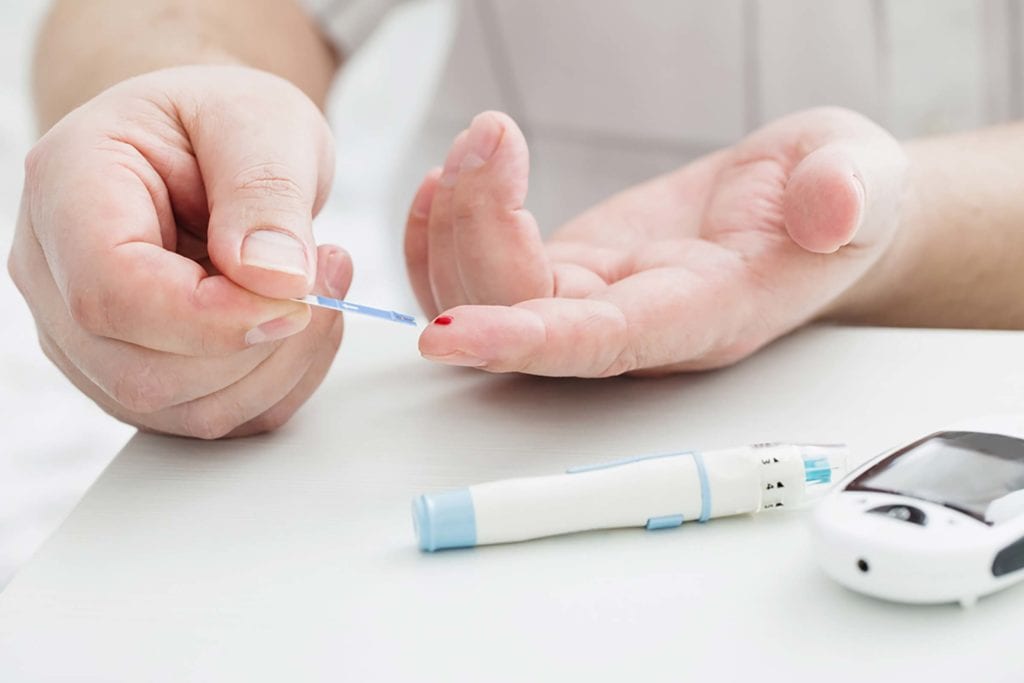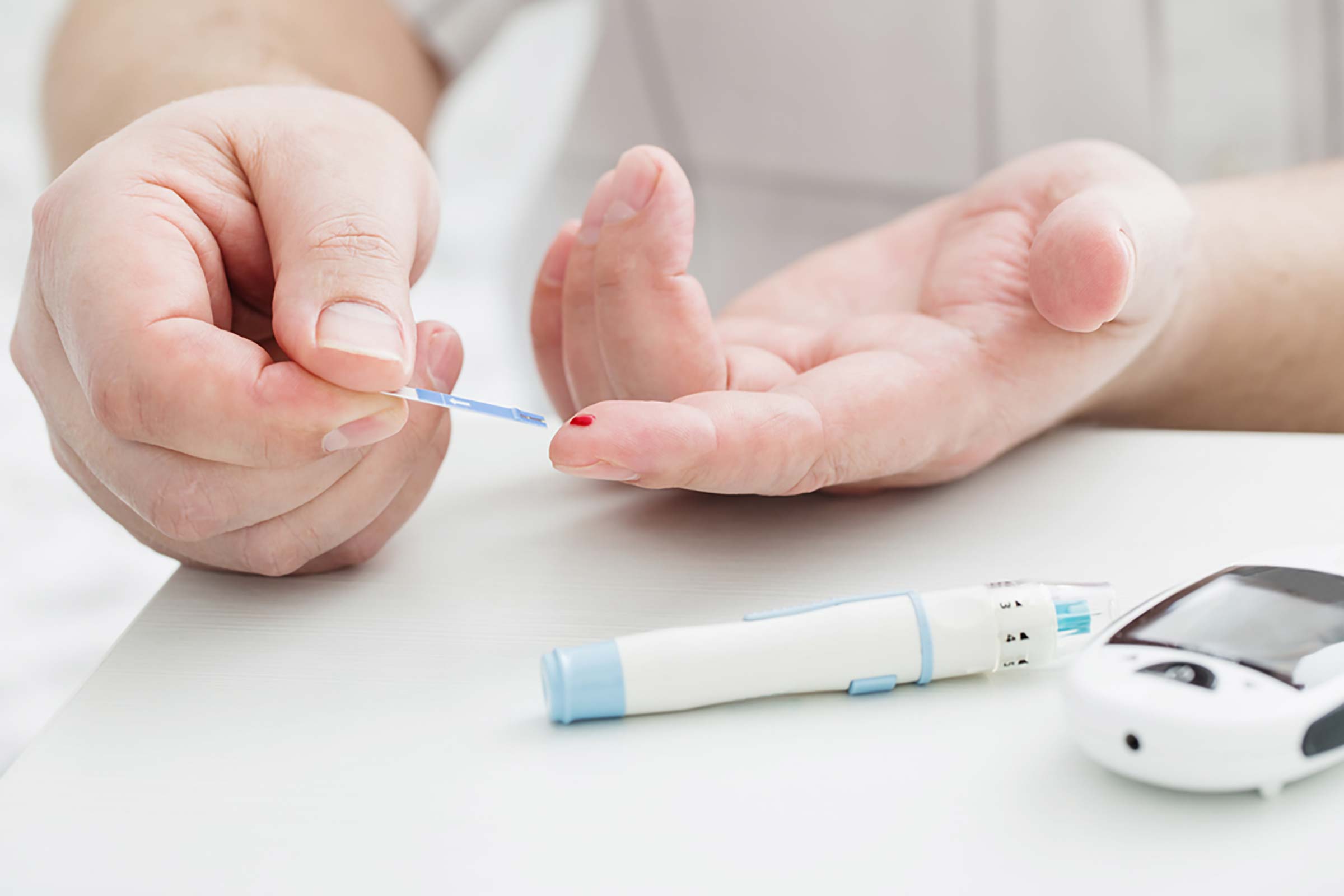
Diabetes is a common, serious medical condition—but it is also quite treatable. If you think you might be diabetic, it is important to talk to your doctor right away.
If you’re experiencing these signs and symptoms, it may be an indication that you may need to talk to your doctor about what you are experiencing:
- Increased Urination
People with diabetes have excess glucose in their blood. This pushes their kidneys to work harder than normal. In this case, the extra glucose in your kidneys cannot be filtered or absorbed. Instead, it is excreted into your urine.
- Excessive Thirst
Increased urination due to high blood glucose levels will also make you dehydrated. If you’re experiencing both of these symptoms in tandem, reach out to your healthcare provider.
- Weight Loss
While many people are excited to see the number on the scale drop day after day, rapid and unexplained weight loss can be a cause for concern.
Some people with diabetes experience weight loss because they’re losing calories when they excrete glucose through frequent urination. Inexplicable weight loss can also be due to other medical issues like an overactive thyroid, so it is important to seek a medical opinion if you are experiencing unexplainable weight loss.
- Exhaustion
Suffering from fatigue could be a sign of diabetes. High blood sugars make it harder for your body to use glucose for energy, which can leave you feeling tired even when you’re getting plenty of sleep. Dehydration can also cause fatigue.
- Blurry Vision
If you’ve experienced a sudden worsening of vision, get in touch with your doctor as soon as possible. High blood sugar levels can snatch fluid from your body’s tissues, and that includes the lenses of your eyes.
- Numbness in Hands and Feet
Excess blood glucose levels can affect nerve function in your body. If you feel tingling in your extremities, please reach out to your physician. This can be a sign of diabetes or other serious conditions.
- Frequent Infections
Your body doesn’t heal as well when your blood glucose levels are too high. If you’re suffering from frequent infections or slow-healing sores on your feet, call your physician. For women, frequent bladder and yeast infections might be symptoms of diabetes.
If you’re experiencing any, some or all of these warning signs, your doctor can help you find out why you’re not feeling well and offer treatment options to help you get healthy.
While there’s no cure for diabetes, there’s plenty you can do to try and prevent or manage the condition. There’s research that indicates klotho therapy may one day help prevent the onset of diabetes. The klotho protein is naturally occurring human protein that has the potential to slow the progression of diabetes. There are also a wide range of resources that you can use to educate yourself about diabetes. Keep track of your symptoms and be diligent in speaking to your doctor should you begin experiencing any of these signs.
– https://www.mayoclinic.org/diseases-conditions/diabetes/in-depth/diabetes-symptoms/art-20044248
– https://www.mayoclinic.org/diseases-conditions/diabetes/in-depth/diabetes-symptoms/art-20044248
